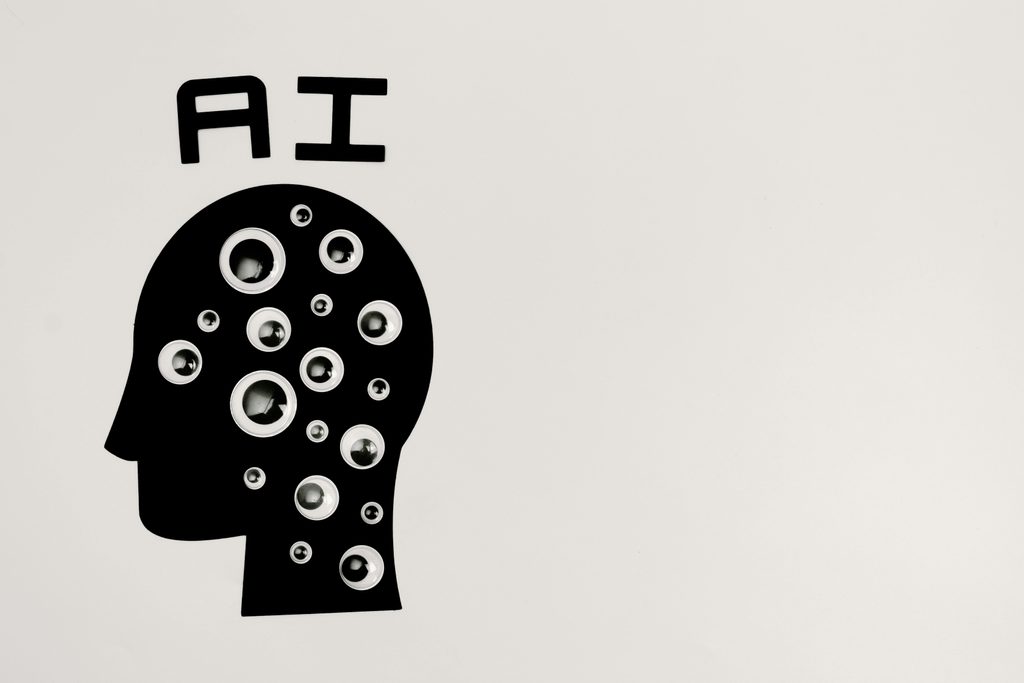In recent years, the rise of Artificial Intelligence (AI) has sparked numerous debates about its potential to revolutionize various industries. One such sector that often finds itself at the center of these discussions is Business Process Outsourcing (BPO). With advancements in AI technology, there's a prevailing notion that BPO services might become obsolete in the face of automation and machine learning. However, is this fear justified, or are there nuances that challenge this oversimplified narrative? Let's delve into the intricacies to understand the real impact of AI on BPO services.
The Evolution of BPO
Before diving into the potential impact of AI, it's crucial to understand the evolution and significance of BPO services. BPO emerged as a strategic business solution, allowing organizations to delegate non-core tasks to third-party service providers. These tasks often include customer support, data entry, finance and accounting, human resources, and more. By outsourcing these functions, companies can focus on their core competencies, improve efficiency, and reduce operational costs.
AI: Disruptor or Enabler?
The integration of AI into BPO operations has undoubtedly brought about significant changes. Machine learning algorithms can streamline repetitive tasks, enhance data processing capabilities, and improve decision-making processes. For instance, AI-powered chatbots can handle customer inquiries round-the-clock, while cognitive automation tools can extract valuable insights from vast amounts of data with unprecedented speed and accuracy.
Redefining BPO Dynamics
Rather than spelling doom for BPO services, AI has the potential to redefine its dynamics. Rather than replacing human workers entirely, AI augments their capabilities, allowing them to focus on higher-value tasks that require creativity, critical thinking, and emotional intelligence. This shift towards 'augmented outsourcing' fosters a symbiotic relationship between humans and machines, where each complements the other's strengths.

Unmatched Human Touch
While AI excels in processing data and automating routine tasks, it still struggles with tasks that necessitate empathy, intuition, and nuanced understanding—qualities inherently human. Customer service, for instance, often requires empathetic interaction and problem-solving skills that AI, as of now, cannot replicate convincingly. Consequently, the human touch remains indispensable in many BPO functions, especially those involving customer-centric roles.
Adaptation and Upskilling
The advent of AI necessitates a paradigm shift in the BPO industry. Instead of resisting change, companies must embrace innovation and adapt their operations accordingly. This includes investing in employee training and upskilling programs to equip workers with the necessary digital literacy and technical competencies to thrive in an AI-driven landscape. By fostering a culture of continuous learning and innovation, organizations can harness AI's potential to drive growth and competitiveness.
Where We Go from Here
Contrary to popular belief, AI is unlikely to make BPO services irrelevant. Instead, it presents an opportunity for transformation and evolution. By leveraging AI technologies alongside human expertise, BPO providers can enhance operational efficiency, deliver superior customer experiences, and unlock new avenues for value creation. Ultimately, the future of BPO lies in striking a delicate balance between harnessing the power of AI and preserving the invaluable human touch that distinguishes exceptional service delivery.
As AI continues to evolve, so too will the BPO industry, adapting and innovating to meet the evolving needs of businesses and consumers alike. Rather than fearing obsolescence, BPO providers should embrace AI as a catalyst for progress, ushering in a new era of efficiency, agility, and customer-centricity.

